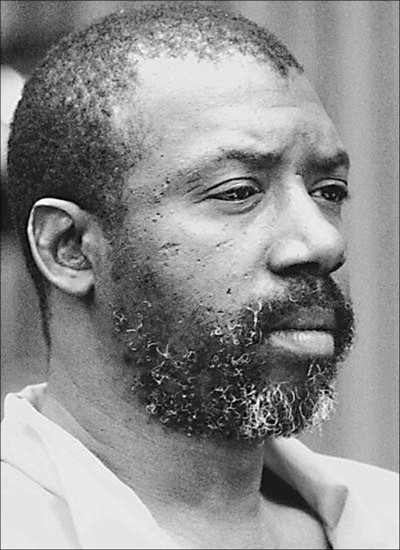Jay D. Scott (Jay D. Scott)

Jay D. Scott (August 21, 1952 – June 14, 2001) was executed by the U.S. state of Ohio for the 1983 murder of a delicatessen owner in Cleveland. He was the second man put to death by Ohio since it reinstated the death penalty in 1981. On May 6, 1983, Vinnie M. Price, owner and operator of the V & E Delicatessen in Cleveland, was shot and killed during an attempted armed robbery of her establishment. An autopsy later revealed that she died from a gunshot wound of the chest. A nearby resident testified that while walking back to her home after shopping at a local market, she noticed a greenish-blue Cadillac without a rear license plate pull up across from her house. She observed two men inside the car; one behind the wheel and the other in the back seat. She later observed another man come over a nearby fence and dive through the open window of the Cadillac. The car then drove away.
Sometime after this incident, police received a telephone call from Ricky Tramble and a meeting between them was arranged. As a result, they began looking for the Cadillac used in the crime, and several suspects. Tramble testified at trial that he informed the detective that on the day Vinnie Price was killed, he was with Edward O’Neal, Michael Streeter, Danny Jones and Jay D. Scott at O’Neal’s girlfriend’s. Tramble stated that he had overheard Scott say, “Well, I did what I had to do. She shouldn’t have made me move like that. Fuck it. It’s over with.” Scott professed to be “a stick-up man.” Tramble related that O’Neal had informed him the next day of their involvement in the V & E Delicatessen incident, including the shooting of Price. Jones and O’Neal were arrested and gave statements to police that Scott shot Prince. On May 17, 1983, the grand jury charged Scott with aggravated murder with an aggravated robbery specification and a firearm specification and aggravated robbery. Also charged in the same indictments were co-defendants Danny Jones, Edward O’Neal and Michael Streeter. On November 10, 1983, Scott was apprehended in Philadelphia. During the trip back to Cleveland, he inquired who was using his name in connection with a homicide and robbery. Up to this point, the arresting officers had informed Scott that he was wanted in connection with a homicide, but made no mention of the fact that he was also charged with aggravated robbery. Scott maintained that he had been in Reading, Pennsylvania when the incident occurred.
On November 23, 1983, Scott entered a plea of not guilty at his arraignment March 23, 1984, after a trial by jury, he was found guilty as to all counts and specifications. On March 28, 1984, the jury recommended the sentence of death. On April 4, 1984, Judge Joseph McManamon accepted the jury’s recommendation and ordered that Scott be put to death. His co-conspirators in the robbery and killing all received life prison terms. Scott’s attorneys took his case through the appellate system four times, going all the way to the U.S. Supreme Court, unsuccessfully arguing that Scott should not be executed because he suffered from chronic schizophrenia. They said the execution would violate the Eighth Amendment prohibition against cruel and unusual punishment. Scott twice came within moments of being executed before he was finally put to death on June 14, 2001. On April 17, 2001 Scott’s execution was stopped 65 minutes before it was expected to happen. On May 15, 2001, the 6th U.S. Circuit Court of Appeals stepped in and the execution was halted at 8:57 p.m. Scott already had the injection shunts in his arms.
Born
- August, 21, 1952
- USA
- Cleveland, Ohio
Died
- June, 14, 2001
- USA
- Lucasville, Ohio
Cause of Death
- execution by lethal injection

